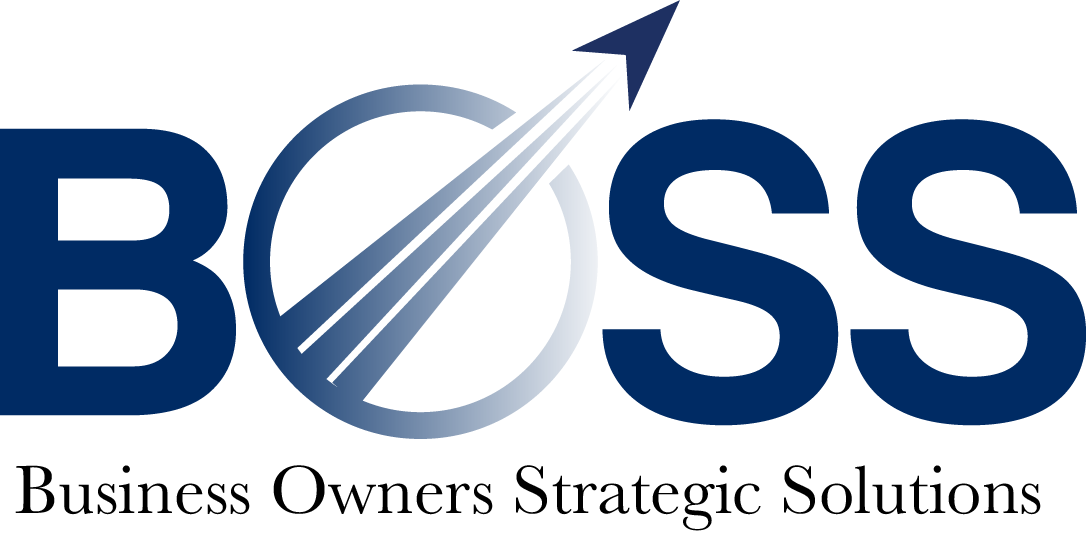Strategic Planning for Transition, Continuity, and Legacy
The Succession Journey
Understanding the Starting Point: Goals & Readiness
The journey begins with reflection. We engage the business owner in a comprehensive fact-gathering phase, designed to uncover objectives, concerns, and readiness for change. It’s essential to identify potential challenges—family dynamics, key personnel, business dependencies—and bring those into the light early. This stage sets the foundation for every decision to follow, including a target date for transitioning out of the business.
Your Legacy, Strategically Delivered
Succession planning through BOSS isn’t just about documents and decisions—it’s about crafting a future with clarity, resilience, and purpose.
David provides all services through Wolcott Rivers Gates
and no services are rendered through Boss

